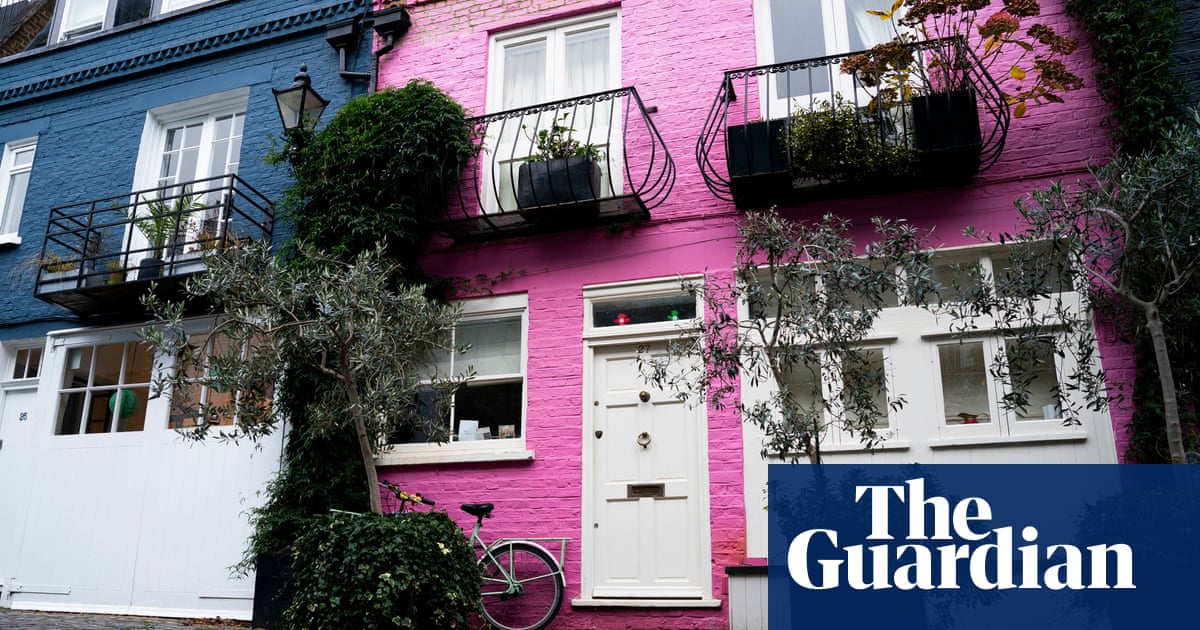
LONDON, Aug 20 (Reuters) - Already-expensive British home prices will see further substantial gains over the next few years, bolstered by low borrowing costs, supply shortages and a desire for more living space, a Reuters poll of housing market analysts found.
As in much of the developed world, millions of Britons have spent the past 17 months working from home as measures imposed to contain the coronavirus pandemic shut offices and restricted travel.
That enforced time at home, which has allowed some to accumulate more savings and is likely to continue at least part time, has meant people want more room as they adapt their properties to be both living and working areas.
"The current trend of wanting more space has some way to run. It takes many years for supply to catch up with demand after the type of fundamental shift in buyer requirements over the last year," said Ray Boulger at mortgage broker John Charcol.
Asked what would be the biggest driver of UK home prices over the next 12 months, four of 12 respondents to an additional question in the Aug. 13-19 Reuters poll cited a desire for more living space, three named supply shortages and five others said easy monetary policy.
CHEAP MONEY
As the pandemic battered the economy, the Bank of England - like its peers - slashed interest rates to a record low 0.10% and restarted its bond buying programme, making it far cheaper for those who can to pay a mortgage on a home.
"The low cost of borrowing is the thing that underpins house price affordability and therefore house price growth the most," said Russell Quirk at real estate firm Proper PR.
"If you look at the correlation between lower interest rates over the last 10 or 12 years and house prices there is a direct correlation - the cheaper money gets the more expensive house prices get."
On the flip side, when asked what posed the biggest downside risk to prices, six of 12 respondents said higher interest rates. Others mentioned new coronavirus variants, high unemployment or a return to a full-time office working week.
While a Reuters poll of economists earlier this week found the central bank would wait until 2023 before raising interest rates, they did say there was a chance an increase may come sooner than that.
"If things go to plan and we learn to live with COVID-19, tighter monetary policy is probably the biggest risk," said Aneisha Beveridge at estate agent Hamptons.
Still, medians in the wider poll of 15 market experts showed house prices would rise 6.0% this year, 3.5% next year and 3.0% in 2023, far outstripping expectations for overall inflation.
The forecasts for this year and next were higher than in a May poll and the highest since polling began for those periods.
In London they were predicted to rise 2.8% this year, 2.5% in 2022 and 2.4% the following year.
Those price rises mean affordability will worsen over the coming few years, according to six of 12 respondents to an additional question. Four said it would stay the same and two said it would improve.
"Demand will continue to push prices as will low mortgage rates. Yet wage inflation will also boom. The result will be prices that are yet more "unaffordable" especially for stretched first-time buyers (of property)," Quirk said.
The average asking price for a home was 337,371 pounds ($461,962) this month, according to property website Rightmove, more than 10 times the average British salary. With wage rises unlikely to keep pace with home price increases that affordability gap will probably widen.
(For other stories from the Reuters quarterly housing market polls: )
($1 = 0.7303 pounds)
Reporting by Jonathan Cable; polling by Devayani Sathyan, Vijayalakshmi Srinivasan and Mumal Rathore Editing by Gareth Jones
Our Standards: The Thomson Reuters Trust Principles.












